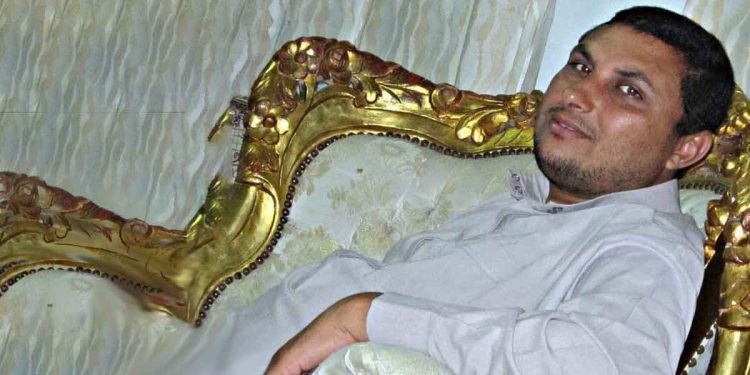As the Egyptian regime continues its violations against political detainees, victims continue to lose their lives due to the policy of deliberate medical negligence and poor detention conditions.
Egyptian political detainee Ashraf Mohamed Osman, 48, died inside his prison cell in Badr 1 prison, after suffering from cancer during his detention. His family was informed of his death on Friday.
Osman, a biology professor at Al-Azhar University, from Kafr Al-Hamam in Gharbeyq governorate, was sentenced to 15 years in prison in a military tribunal, after Egyptian security forces arrested him in 2014.
Osman died after spending 10 years of arbitrary detention, and after three years of contracting cancer in prison. The Egyptian authorities refused to release him on health grounds to receive the medical treatment needed to save his life and also refused to provide him with it in prison, leading to his death.
Osman is the 14th detainee that died in Egyptian prisons and detention centres this year.
In 2023, 33 detainees died in prison, most of whom are politicians who died of medical negligence and the lack of health and medical care.
Osman’s death highlights the dire human rights situation in Egypt, where detainees and convicts suffer from horrific detention conditions and ongoing violations of their basic rights.
His death due to deliberate medical negligence proves the failure of the Egyptian authorities to provide the necessary medical care to detainees, which is a flagrant violation of international law.
This tragic event requires human rights and international NGOs to put pressure on the Egyptian government to protect detainees and convicts, provide adequate medical care for them inside prisons, investigate death cases, bring those responsible to justice, and ensure that such incidents will not be repeated in the future.
Egyptian prisons generally lack basic health requirements, including good food, health services, and adequate bathrooms for the large number of prisoners. It also lacks good lighting, ventilation, and detainees are deprived of exercising. Furthermore, most of the Egyptian prisons and places of detention suffer from severe overcrowding of prisoners.






























